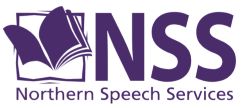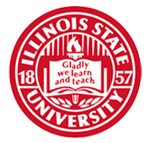Abstract
The purpose of this pilot study was to develop and evaluate the feasibility of an experiential teaching and learning initiative that trained undergraduate students studying speech-language pathology to serve as family navigators promoting social communication and language development in infants and toddlers from lower-income backgrounds. Three students completed one semester of training that included multiple interactive approaches to instruction. They subsequently implemented a nine-month, online prevention and outreach program to nine mothers of infants and toddlers to promote social communication and language development. Results of formative assessments were examined and affective outcomes were explored. The intervention was implemented as intended, and the experience was acceptable to both student and parent participants. Uncertainties with regard to feasibility emerged, including the integration of this program into undergraduate programs in communication sciences and disorders as well as variability in parent engagement related to the presence or absence of concerns about their child’s development. This empirical inquiry adds to the limited research base on clinical prevention activities that take place beyond the classroom by critically analyzing the implementation and documenting the outcomes of this initiative.
Recommended Citation
Delehanty, A.,
Marra, L.,
Catao, M.,
O'Connor, K.,
&
Ricciardi, M.
(2024).
Student Family Navigators Promoting Language Development in Infants and Toddlers from Lower-Income Families.
Teaching and Learning in Communication Sciences & Disorders, 8(3).
DOI: https://doi.org/10.61403/2689-6443.1329





